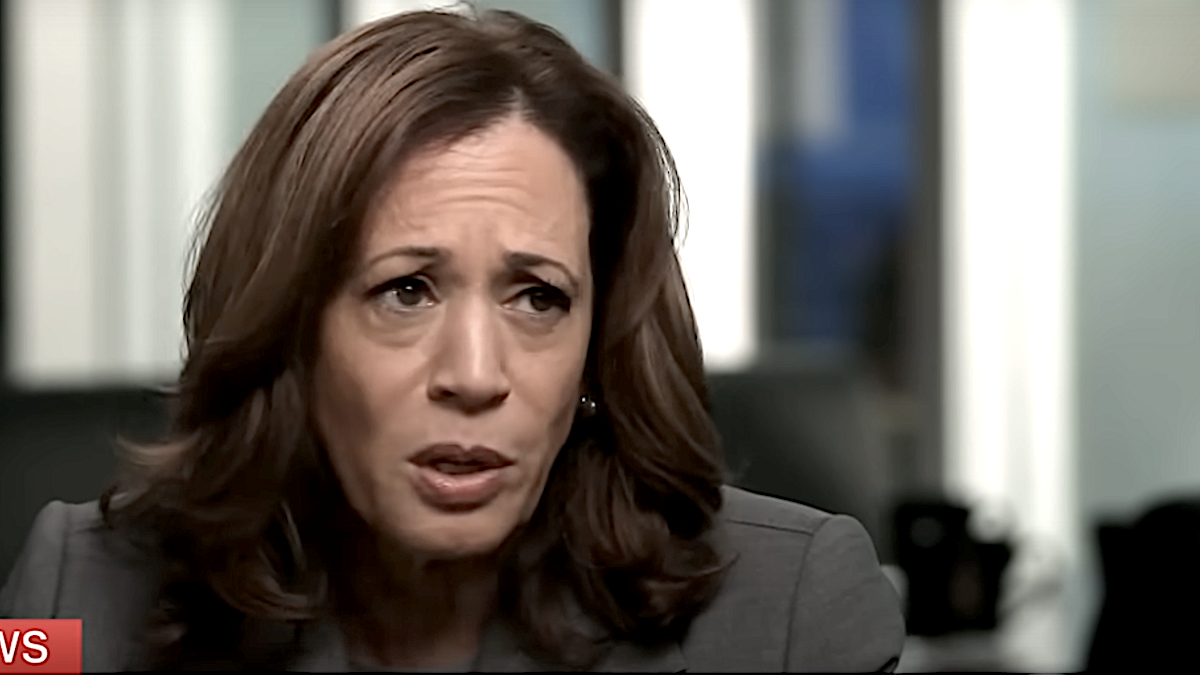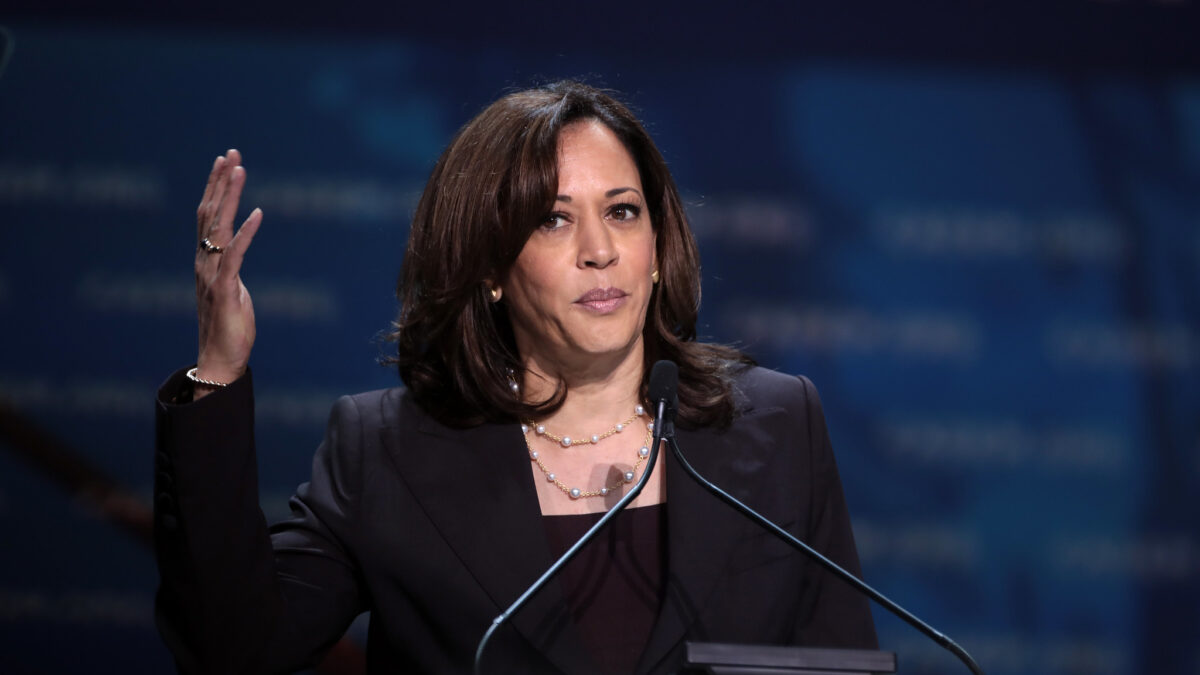
House Republicans keep thinking they can “build a better mousetrap” when it comes to federal earmarks. Their actions keep making the case for Congress to ban them (again) outright.
Following a controversy earlier this year surrounding earmark requests for LGBT groups, congressional leaders think they have established enough “reforms” to prevent similar disputes from emerging. But a better question surrounds why lawmakers think these pork-barrel programs are worth the political bother to begin with.
New Request Guidelines
In late April, the newly installed chair of the House Appropriations Committee, Rep. Tom Cole, R-Okla., issued guidance for representatives requesting earmarks (er, “community project funding”). The guidance highlighted “one notable change … non-profits are no longer eligible for community project funding in the economic development initiative account.”
Multiple press reports indicate this change arose from Republican objections to Democratic member requests that sent earmark funding to LGBT-affiliated groups. In March, as Congress considered two massive pseudo-omnibus spending bills, lawmakers stripped out a $1 million earmark for the William Way LGBT Community Center in Philadelphia, in large part because “a conservative activist found a fetish group hosts a monthly party at the community center.”
Stripping out the earmark represented the rare case of Congress doing the right thing and standing up for taxpayers, not to mention common sense. But neither stripping out this particularly questionable request, nor reforming the process in the way Cole has outlined, will solve the larger problem it raises.
In an interview with reporters, Cole defended the change to exclude nonprofits from certain earmarks: “Some of these are unobjectionable, some of them create political problems for people. That’s just the reality of it. I shouldn’t have to have a political problem in my district because I voted for a bill that had your earmark in it.”
But earmarks don’t have to come from nonprofit organizations to cause “political problems.” The infamous “Bridge to Nowhere” in Alaska that sparked widespread outrage didn’t come from a nonprofit organization, yet it caused “political problems” due to its wasteful nature.
Unfortunately, the kinds of “political problems” to which Cole referred lie primarily in the eye of the beholder. Lawmakers may not have the capacity or ability to suss out those problems until they become public, at which point it will have become too late to avoid controversy.
Numerous Organizations Exempt
Cole’s Democrat counterpart, House Appropriations Committee Ranking Member Rosa DeLauro, D-Conn., made a different argument against his new guidance. She pointed out that excluding nonprofits means many types of entities would have little ability to request federal funds: “It’s religious organizations, Boys and Girls Clubs, Boy Scouts, Girl Scouts, veterans organizations, work force training, senior housing.”
Politico noted that the House Appropriations guidelines continue to omit earmarks from the Financial Services and Labor-Health and Human Services-Education spending bills — the latter being the largest one in the federal government. The new guidance will exempt all nonprofit organizations from participating in earmarks in several of the other spending bills. And at a certain point, the restrictions and limitations should cause Congress to ask an obvious question: Is all this worth the hassle?
Practical Argument Against Earmarks
Heretofore, most conservatives have focused largely on the philosophical arguments against earmarks. This line of thinking emphasizes earmarks as a “gateway drug” to additional spending, by giving members of Congress reasons to vote for big spending bills they might otherwise oppose.
But there are practical reasons for lawmakers to conclude that Congress cannot implement earmarks in a way that eschews political controversy. One can easily envision a scenario whereby the new restrictions prevent a member from requesting funds for a worthy organization in his district, yet that member still has to defend supporting questionable actions (e.g., fetish parties) associated with a project in another member’s district.
For both philosophical and practical reasons, Congress should think again when it comes to continuing its earmarking ways. If the nearly $35 trillion debt won’t convince lawmakers to exercise some spending restraint (for once), perhaps the thought of being embroiled in another political scandal will finally give them pause.









